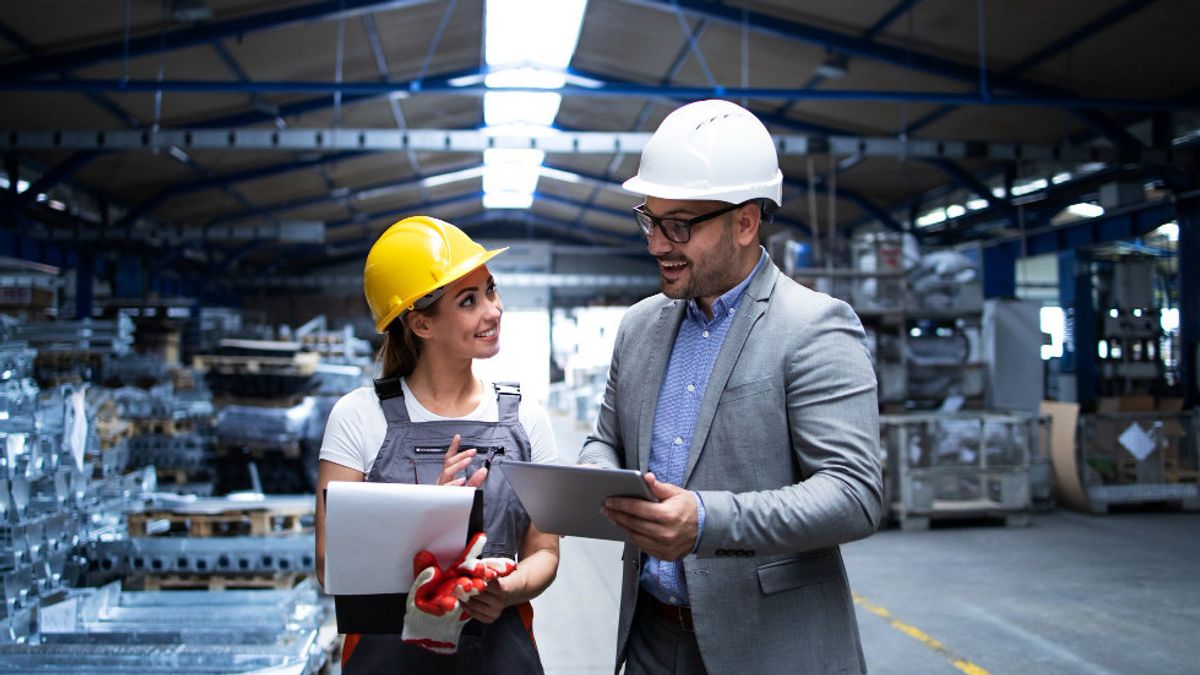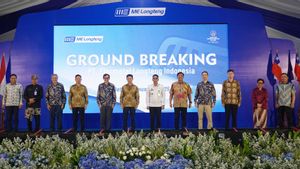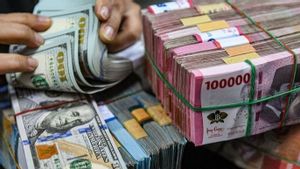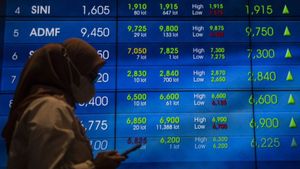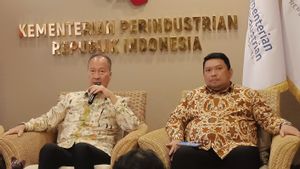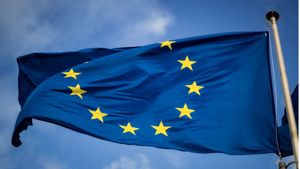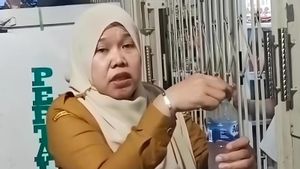YOGYAKARTA - Before discussing the industrial revolution 5.0, the European industry was the main driver in the economic and social transitions we are currently undergoing.
In order to remain a machine of prosperity, the industry must lead the digital and green transition.
This approach provides an industry vision that aims beyond efficiency and productivity as the only goal, and strengthens the role and contribution of the industry to society.
This puts workers' welfare at the center of the production process and uses new technologies to provide prosperity beyond work and growth while respecting the planet's production limits.
This complements the existing "Industrial 4.0" approach by specifically placing research and innovation to serve the transition to a sustainable, human-centered, and resilient European industry.
What is the Industrial Revolution 5.0?
This is because industries can play an active role in providing solutions to challenges for the community, including resource conservation, climate change and social stability.
The Future Industrial Approach brings benefits to the industry, for workers and for the community.
It empowers workers, as well as handles developing skills and employee training needs. This increases industrial competitiveness and helps attract the best talent.
This is good for our planet because it supports a circular production model and supports technology that makes the use of natural resources more efficient.
Revising the existing value chain and energy consumption practices can also make the industry more resistant to external shocks, such as the COVID-19 crisis.
How to make it happen?
This industrial approach contributes to Commission's 3 priorities: "A successful economy for society", "European Green Deal" and "Europe fit for the digital age".
The elements related to the industry's future have become part of the Commission's main policy initiative
adopt a human-centric approach to digital technology including artificial intelligence
upgrading and retraining European workers, particularly digital skills (Agenda Skills and Digital Education Action Plans)
Modern, resource-efficient and sustainable industries as well as a transition to a circular economy
globally and leading-up competitive industries in the world, accelerating investment in research and innovation
These are just a few examples that show a strong relationship between industrial transitions and the development of other communities.
Experts from research and technology organizations and funding institutions discussed the concept of Industry 5.0 in 2 virtual workshops on 2 and 9 July 2020.
A high-level group of experts who advise the Commission on how to develop future and transformative research and innovation policies are currently developing a new policy summary on industry. This will provide concrete recommendations and policy actions to achieve the goals of the Future Industry and will provide an important basis for advancing European and national level policy initiatives and ensuring development is in line with Commission's political priorities.
Future Industrial Awards
This award recognizes EU-funded projects that make a tremendous contribution to building a more human, sustainable and resilient, European industry. This can be done by developing innovative technologies, industrial processes or supply chains, new business models, or by advancing understanding human-centricity, sustainability and resilience in industry.
In the event, the trophy was handed over to the Ramp-PV winner. This is a unique opportunity to showcase the quality of the 3 finalists. The Ramp-PV winning project will receive communication support from the European Commission, which includes preparation for promotional videos, social media publicity, and articles in Horizon Magazine.
Round Table Meeting on Industry 5.0
Roundtables on Industry 5.0 held on April 27, 2022 brought together industry leaders from major European companies and SMEs, as well as representatives from trade unions and other stakeholders. The participants discussed how to advance the implementation of Industry 5.0, and what framework conditions are favorable for its implementation. They include finance, governance, metrics, and inclusiveness.
So after knowing the industrial revolution 5.0, watch other interesting news on VOI, it's time to revolutionize news!
The English, Chinese, Japanese, Arabic, and French versions are automatically generated by the AI. So there may still be inaccuracies in translating, please always see Indonesian as our main language. (system supported by DigitalSiber.id)
